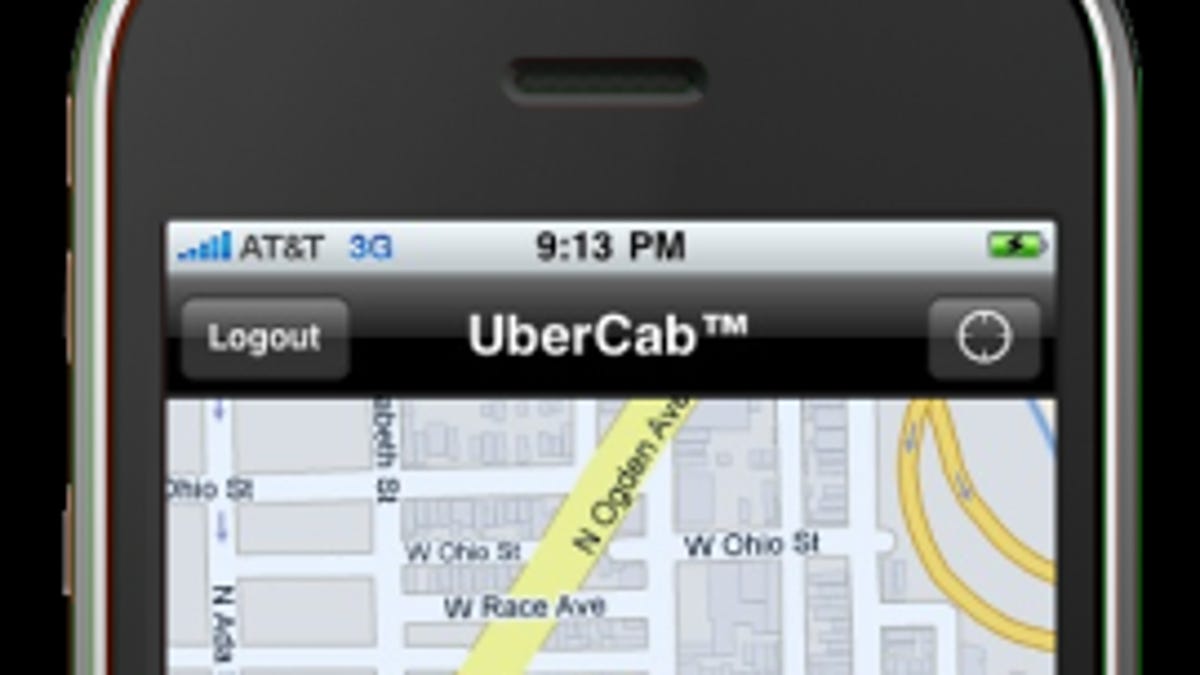Uber Boston promises to fight cease-and-desist order
State division ruled the private car service was illegal due to a lack of national guidelines for use of GPS location technology in commercial transportation.

It looks like Uber is being driven out of another city.
Uber, the quickly growing startup that lets people request private car service via their smartphones, has received a cease-and-desist letter from the Division of Standards of the Commonwealth of Massachusetts, ordering it to stop operating in Boston.
The letter (see below) states that until the National Institute of Standards and Technology issues guidelines for use of GPS location technology in commercial transportation, Uber can't allow the public to use its app.
"GPS has not been used in commercial applications for assessing transportation charges until Uber Technologies, Inc. introduced its use for this purpose," the division said in an August 1 ruling. "The major problem at this time is the fact that that there are no established measurement standards for its current application and use in determining transportation costs similar to that of approved measurement systems for taximeters and odometers."
The service must be shut down because "Massachusetts law does not sanction unapproved devices for use in commercial transactions," the ruling said.
Uber said the commonwealth's regulations were not written with "cutting edge" innovations in mind and is trying to work with the department to keep the service running.
"As we did extensive legal research prior to entering the city of Boston, it is our strong belief that the technology and service we offer does not violate existing law and regulations," Uber Boston said in a company blog post. "As such, we are committed to dialogue with the Division on this new generation of technology and to working closely with the agency to keep our service available for our truly Uber users and their drivers."
This is not the first time the livery service has felt heat from a governmental entity. Last month, Uber clashed with the D.C. Taxicab Commission over proposed legislation that would have required sedan car services like Uber to charge at least five times the minimum fare charged by cabs. (The amendment was later struck from the legislation before a final vote.)

